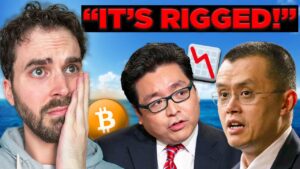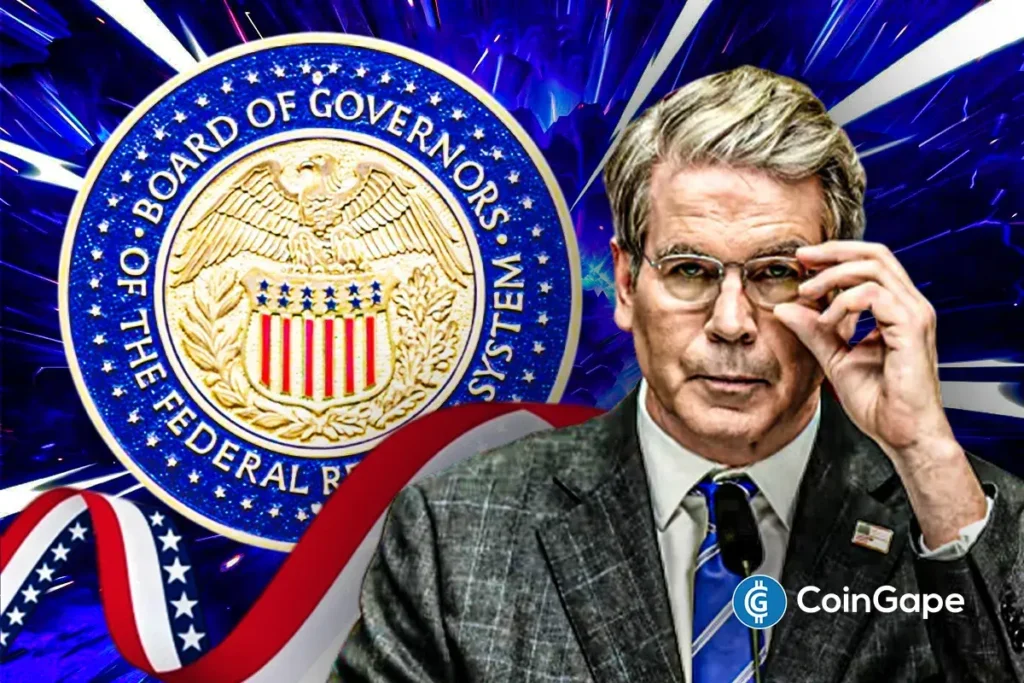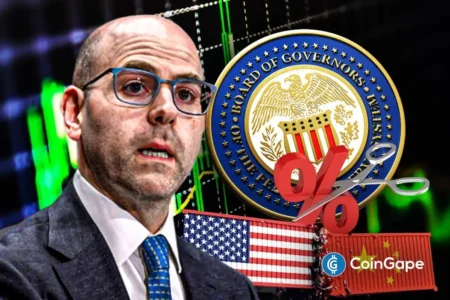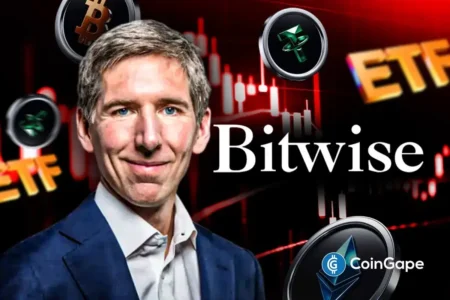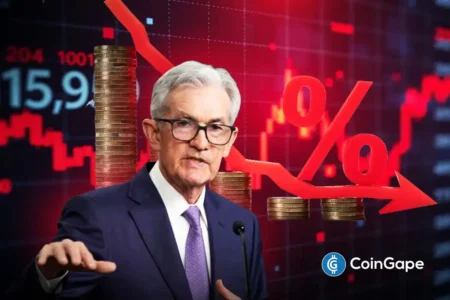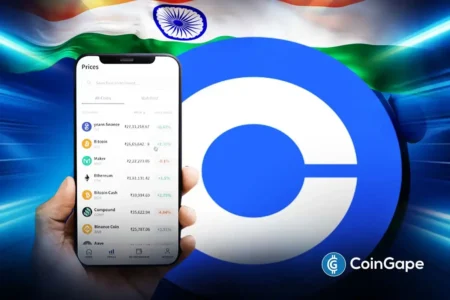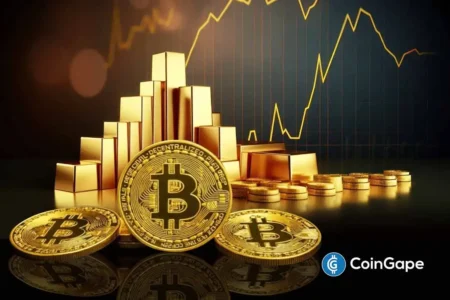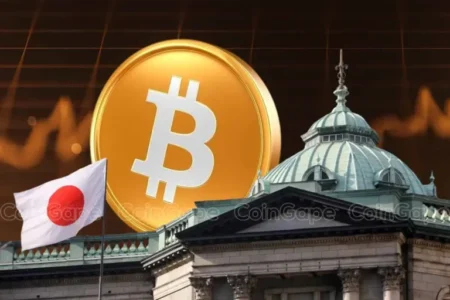U.S. Fed Chair Search: Narrowing Down Candidates in the Crypto Era
As the United States continues to navigate its economic landscape, attention is firmly fixed on the upcoming selection of the next Federal Reserve (Fed) Chair. U.S. Treasury Secretary Scott Bessent recently revealed that the shortlist for this pivotal position has been whittled down to five candidates. This update comes at a crucial time as the country grapples with fiscal policies and their implications on both traditional and emerging markets, including cryptocurrencies.
The Shortlist of Candidates
At a recent CNBC Invest in America Forum, Bessent announced that the Fed chair candidates have been narrowed from an initial pool of 11 to just five. While he did not disclose the names of these contenders, speculation suggests that they are likely to include pro-crypto individuals, an increasingly relevant consideration in today’s financial ecosystem. Notably, Fed Governor Chris Waller is rumored to be among these finalists. This selection process is of great significance not just for the Fed but for the broader economy as it may shape future monetary policy in a way that acknowledges the importance of digital assets and their growing influence.
Upcoming Interviews and Decision Timeline
Bessent indicated that the next round of interviews would be held following a trip to Asia. He plans to present three to four candidates to President Donald Trump after these interviews, aiming for a decision to be made after Thanksgiving. The decision-making process will include input from a wide range of stakeholders, showcasing the administration’s intent to create a more inclusive and informed selection process. This approach could reflect a broader trend of considering diverse perspectives in the economic advisory domain, especially emphasizing innovative ideas around monetary policy.
Criteria for Selection
One of the key qualifications highlighted by Bessent for the next Fed chair is the importance of having an "open mind" towards monetary policy. This criterion underscores the administration’s desire for a leader who is flexible and responsive to the evolving economic landscape. Interestingly, President Trump had previously expressed dissatisfaction with Jerome Powell, the current Fed Chair, particularly criticizing him for his reluctance to lower interest rates earlier in the year. This context sets a significant benchmark for the new chair’s expected approach to monetary policy.
Market Predictions: Who’s in Favor?
Current predictions and market sentiment indicate that Kevin Hassett is emerging as the favorite to succeed Powell, with Polymarket data showing a 35% probability for his nomination. Close behind are Kevin Warsh and Chris Waller, with probabilities of 19% and 13% respectively. What adds an intriguing twist to this scenario is the betting trend indicating a 55% likelihood that President Trump may not make a nomination this year at all. Should he choose to proceed, Waller could be a top contender, especially considering his recent positive feedback after interviewing with Bessent, where the conversation focused solely on monetary policy.
Implications for Future Monetary Policy
The selection of the next Fed chair will have substantial implications for U.S. monetary policy and its relationship with the burgeoning cryptocurrency market. As digital currencies gain traction, the future chair’s stance on these assets will play a crucial role in shaping regulations and monetary policy in alignment with market dynamics. With pro-crypto candidates in the mix, the Fed may adopt a more progressive stance towards digital currencies, possibly paving the way for more innovative financial solutions that align with both consumer interests and economic growth.
Conclusion: A Decision That Matters
As the U.S. Treasury continues its search for the next Fed chair, the implications of this decision extend beyond the confines of Wall Street and into the lives of everyday Americans. With a shortlist that indeed reflects a blend of traditional financial acumen and a willingness to embrace newer monetary philosophies, the outcome of this selection process will undoubtedly resonate across various sectors. The upcoming interviews and the selectivity of candidates highlight the importance of leadership that is not just reactive to market conditions but also visionary in understanding the role of cryptocurrencies and the digital economy. As we draw closer to the final decision, stakeholders across various domains will be keenly observing the trajectories of these potential candidates and the monetary policies they may advocate.


